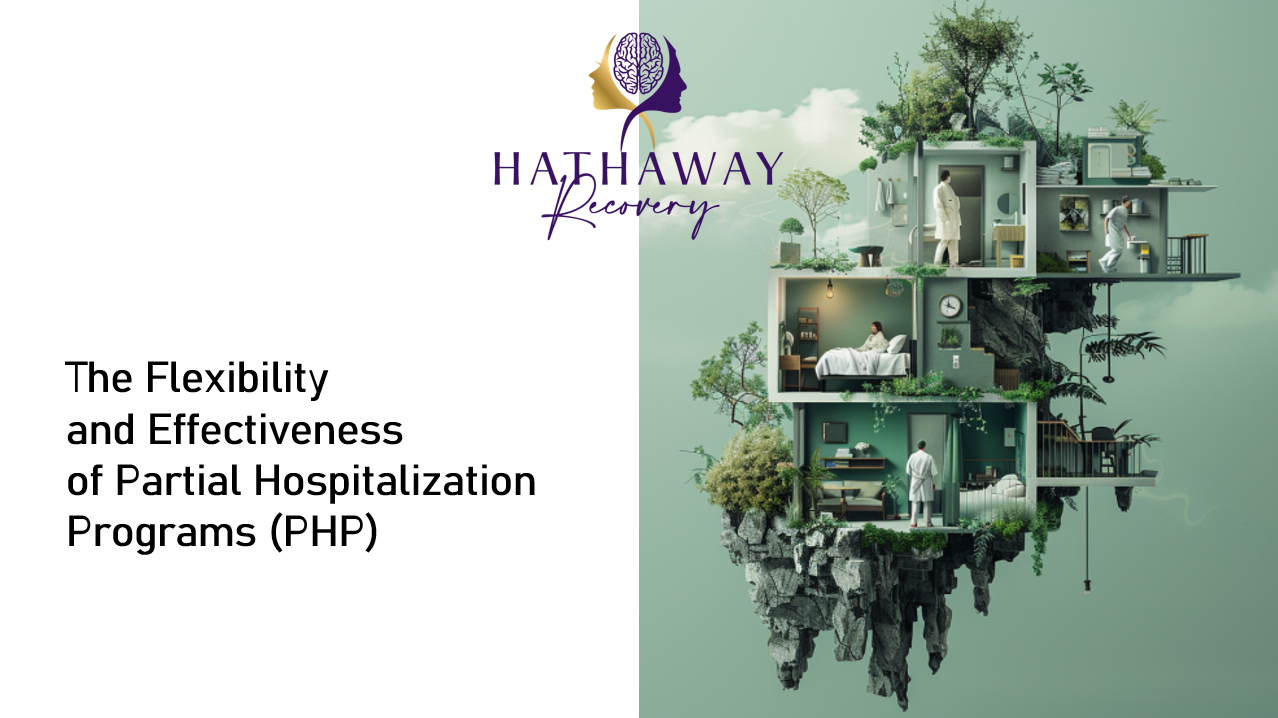
When it comes to addiction and psychiatric treatment, navigating the array of options can be overwhelming. Partial Hospitalization Programs (PHP) stand out as a unique and effective approach. PHP combines the intensity of a residential program with the flexibility of returning home in the evenings, offering a balanced solution for many individuals seeking help.
A PHP is an intensive form of outpatient treatment, often considered a middle ground between inpatient and traditional outpatient programs. It’s designed for individuals with substance use disorders and/or co-occurring disorders who don’t require medical detox or round-the-clock supervision. In PHP, patients attend treatment for about 4 to 8 hours a day, up to six days a week, typically for 4-8 weeks. This structure allows them to receive robust treatment while maintaining some normalcy in their personal lives.
The goals of PHP are varied and comprehensive. They include achieving abstinence, fostering behavioral changes for a drug-free lifestyle, and assisting patients with psychosocial challenges. PHPs also emphasize developing coping strategies, managing relapse, and building supportive social networks, ensuring a well-rounded recovery.
PHPs focus not just on the addiction itself but also on underlying personal issues. This approach acknowledges that effective treatment must address the root causes of addiction, offering a more sustainable path to recovery.
Therapies and Services in PHP
PHPs provide a diverse array of therapies that are integral to comprehensive addiction and mental health treatment. One of the cornerstones of PHP is individual therapy, a personalized approach where therapists work one-on-one with patients to address specific issues related to their addiction and mental health. This individualized attention allows for the development of tailored strategies for coping and recovery. Group therapy is another critical component, offering a supportive environment where patients can share experiences and learn from others facing similar challenges. This collective setting fosters a sense of community and mutual support, which is vital for long-term recovery.
In addition to these therapies, PHPs incorporate medication management, which is crucial for patients requiring pharmacological support. This aspect of treatment involves careful monitoring and adjustment of medications to ensure the most effective and safe treatment for co-occurring disorders or withdrawal symptoms. Family therapy is also a key element of PHPs, recognizing the impact of addiction on the patient’s family unit and the significant role families play in recovery. Educational groups in PHPs provide patients with vital information about addiction, mental health, coping strategies, and relapse prevention, empowering them with knowledge to aid their recovery journey. Finally, various therapeutic activities, which may include art therapy, recreational therapy, or mindfulness practices, are employed to address the broader aspects of well-being, including emotional, physical, and spiritual health. These diverse therapies and services ensure that PHPs offer a holistic approach, treating not just the symptoms of addiction or mental illness, but nurturing the overall health and well-being of each patient.
Cost-Effectiveness of PHPs and Insurance Options
PHPs often present a more economical option compared to inpatient treatment, with costs varying based on treatment length and services utilized. Most insurance plans, under the Affordable Care Act, provide coverage for PHPs. Understanding these benefits is crucial in making informed decisions about treatment.
Determining insurance coverage for PHP can be complex. Facilities like Hathaway Recovery, with expertise in addiction treatment, can assist in navigating these options. For those without insurance, many centers offer alternative payment methods, ensuring that treatment is accessible to all.
Deciding if PHP is the right choice involves professional consultation. Given its versatility, PHP is suitable for various stages of recovery and can be tailored to individual needs. Professional assessments and recommendations are vital in choosing a treatment that aligns with one’s unique recovery journey.
Seeking professional advice is essential in determining the appropriateness of PHP. This guidance ensures that individuals receive safe and effective care, tailored to their specific circumstances and recovery goals.
A New Beginning with Hathaway Recovery
PHPs offer a flexible and effective approach to addiction and psychiatric treatment, combining structured care with personal freedom. Understanding the nuances of this treatment option, and the support available from facilities like Hathaway Recovery, is crucial for anyone considering this path to recovery.
Hathaway Recovery exemplifies the effectiveness of personalized treatment in addiction recovery. Their approach, focusing on customized care plans and a deep understanding of individual needs, offers more than just treatment—it offers a journey towards personal empowerment and a fresh start.






